In today’s digital age, servers are the backbone of any organization’s IT infrastructure. With the increasing demand for online services, the need for a reliable server operating system (OS) cannot be ignored.
This article will examine the top Best Server OS for 2024 and the factors that make them different from their competitors. Before we Start with the specifics of the top server OS, it’s important to be aware of what the term “server operating system” means.
What is a server operating system (OS)?
Server OS stands for Server Operating System. It is a specialized operating system designed to run on servers, which are powerful computers designed to manage and process data and serve it to other computers or devices.
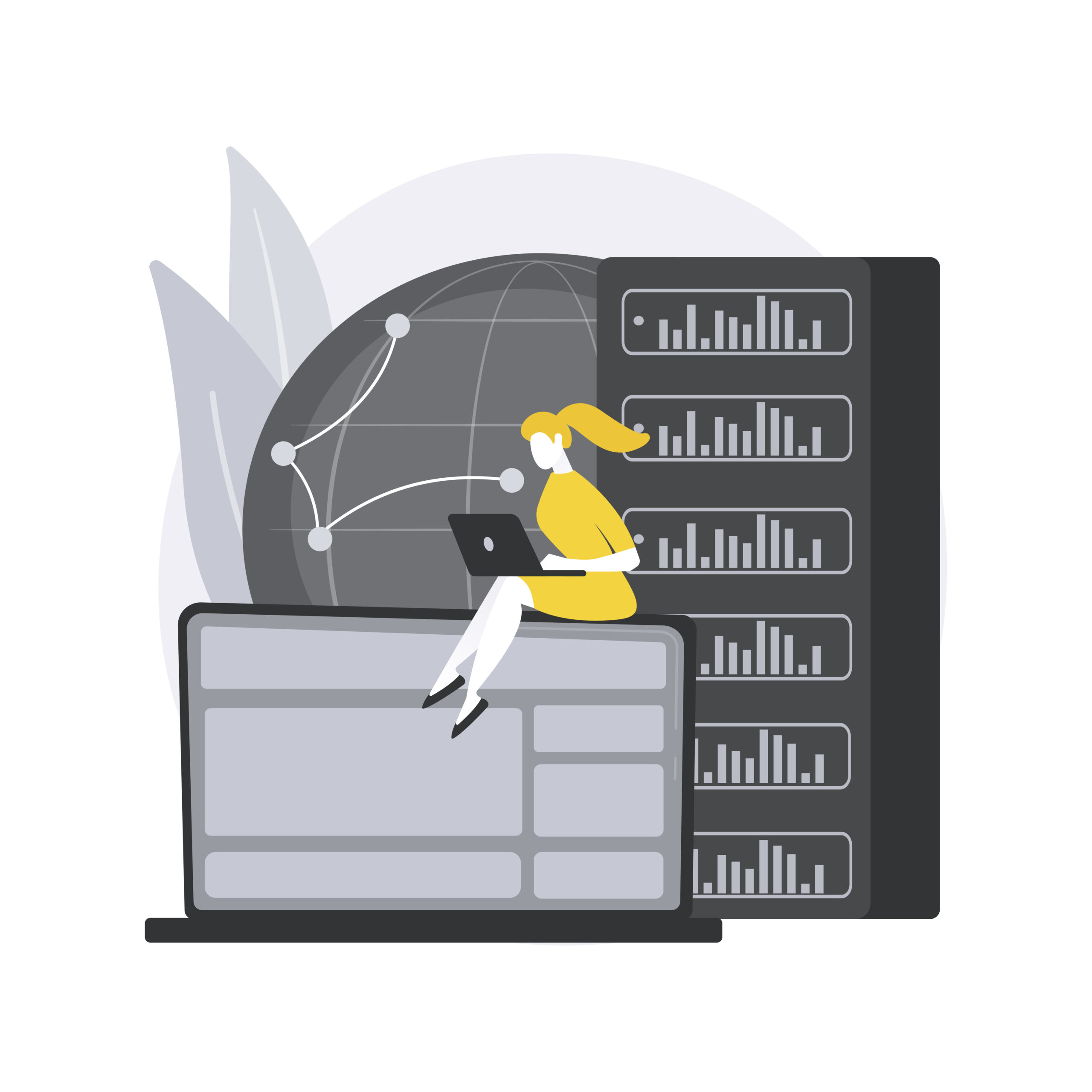
Unlike traditional desktop operating systems, server operating systems are designed to run on hardware optimized for server tasks, such as running databases, managing web servers, and providing network services.
Some popular server Operating Systems examples include Windows, Linux, and Unix. These operating systems are designed to be optimized for server environments and offer security, clustering, backup and recovery, and virtualization features.
10 Best Server Operating Systems in 2024
Here are the 10 best Server Operating Systems to consider in 2024:
1. Windows Server
Windows Server is a popular server operating system with enhanced security, virtualization, and cloud integration features. It has a user-friendly interface and supports a range of programming languages.
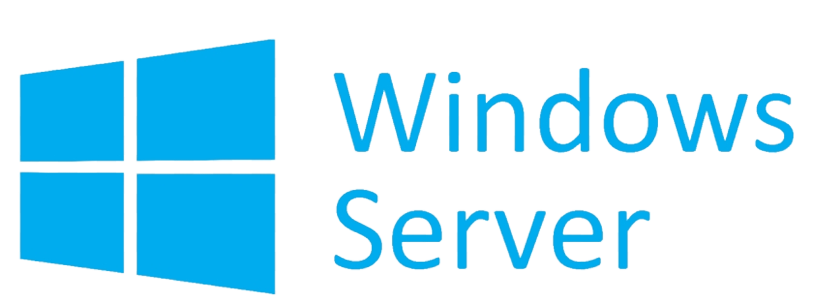
2. Linux
Linux is an open-source server operating system widely used in enterprises and organizations. It is known for its stability, security, and flexibility.
Popular Linux distributions for servers include CentOS, Ubuntu Server, and Red Hat Enterprise Linux.

3. Ubuntu Server
Ubuntu Server is one of the most popular Linux distributions for servers. It is easy to use and maintains regular updates and patches.
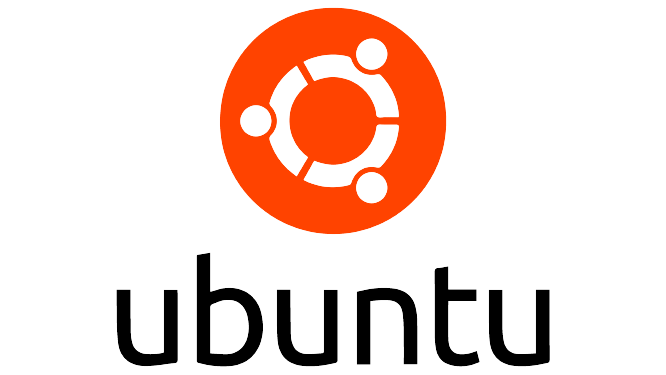
It supports a wide range of applications and programming languages.
4. Red Hat Enterprise Linux
Red Hat Enterprise Linux is a heavily secured distribution designed for enterprise use. It offers reliable performance and support for virtualization, containerization, and cloud integration.

5. Debian
Debian is another popular Linux distribution known for its stability and user-friendliness. It supports a range of hardware architectures and has an extensive repository of pre-built packages.

6. FreeBSD
FreeBSD is a Unix-like operating system known for its high-level security and stability. It is suitable for servers requiring high levels of performance and scalability.
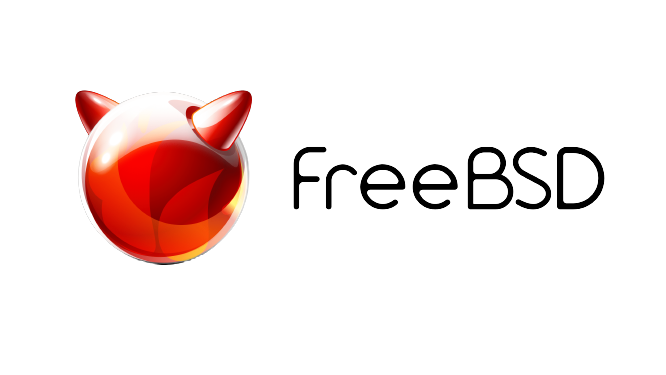
7. Oracle Linux
Oracle Linux is based on Red Hat Enterprise Linux and offers similar features such as security, scalability, and virtualization. It also includes the Oracle Unbreakable Enterprise Kernel, which provides improved features and performance.
8. SUSE Linux Enterprise Server
SUSE Linux Enterprise Server is a reliable and secure distribution offering high performance and flexibility. It includes features such as cluster management, software-defined storage, and virtualization.
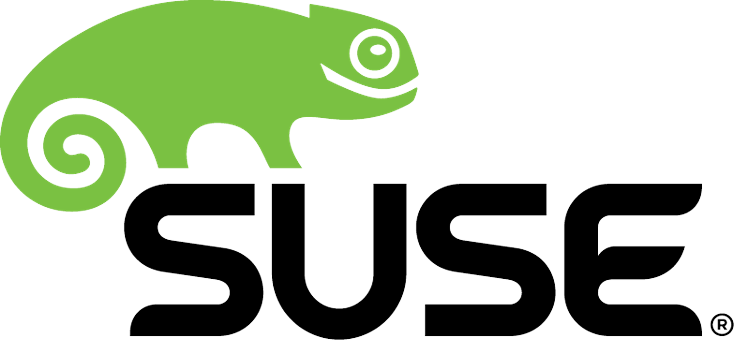
9. CentOS
CentOS is a free, open-source distribution based on Red Hat Enterprise Linux. It provides a stable and secure environment for hosting servers and is widely used in enterprise environments.
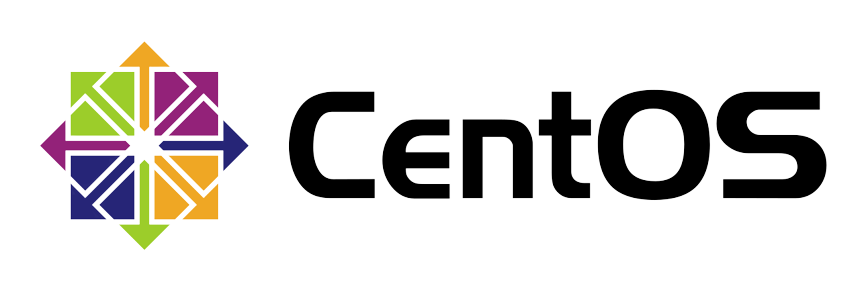
10. IBM AIX
IBM AIX is a Unix-based server operating system with high performance, scalability, and security levels. It is designed for busy enterprise environments and supports various hardware architectures.
Factors to Consider when Choosing a Server OS
Several factors must be considered when choosing a server OS to ensure the operating system best fits your organization’s needs. Here are some of the most important factors to consider:
- Compatibility: Check if the server OS is compatible with other hardware and software in your organization. Some software or applications may only work on certain server operating systems, so it’s important to ensure compatibility before selecting.
- Security: Security considerations should be a top priority when choosing a server OS. Look for operating systems with strong security features, such as built-in firewalls, backup/recovery, and protection against cyber attacks.
- Performance: Server performance is critical when it comes to server OS selection. Consider processing power, memory usage, and disk I/O to optimise server performance.
- Ease of Use: Ease of use is essential for any operating system. Server OS should have a simple and user-friendly interface, making it easy for administrators and IT professionals to use.
- Scalability: As the organization grows, so will the servers. Choosing a scalable operating system makes sense so that additional hardware resources can be added to the server as the organization grows.
- Cost: The cost of the server operating server should not be overlooked when selecting. It is important to compare the costs of different operating systems in terms of initial costs, ongoing maintenance, and support.
- Support: It is important to select an operating system that provides support for your organization. Consider the required support level, and ensure that the operating system provider offers adequate support for your organization.
FAQ’s:
Why is security important in a server operating system?
Security is essential to the server operating system because servers are typically used to store sensitive information and manage crucial business processes.
Secure server OS can help protect against cyberattacks, data breaches, or other security threats that can compromise your organization’s sensitive information and damage your business reputation.
Which server OS is the most cost-effective?
The cost of a server OS may depend on the requirements and features required for your business. A few open-source server operating systems like CentOS and Debian are free. Others, such as Windows Server and Red Hat Enterprise Linux, are required a license fee. Ultimately, the most cost-effective server OS will depend on your specific needs and budget.
What is a rolling release model for a server operating system?
A rolling release model is a software development model in which updates and new features are continuously released to users without needing a major version release.
In the context of a server OS, a rolling release model means that updates are continuously released rather than waiting for a new version to be released. This can help provide users with the latest features and security updates faster than a traditional release model.
What are the best server OS options in 2024?
Several server OS options are available in 2024, each with advantages and disadvantages. Some of the top server OS options include:
- Windows Server: a popular OS developed by Microsoft that supports various applications and services, including Active Directory and Microsoft SQL Server.
- Red Hat Enterprise Linux is a popular enterprise-grade Linux OS that provides a secure and stable platform for running critical business applications.
- CentOS is an open-source Linux distribution widely used for web hosting and other server applications.
- Ubuntu Server is a popular Linux distribution with a user-friendly interface and easy-to-use tools for managing servers and applications.
- Debian is another popular open-source Linux distribution known for its stability and security.
What factors should be considered when choosing a server operating system?
When selecting a server OS, there are a variety of factors to be taken into consideration, such as:
- Compatibility with your hardware and software requirements
- Security features and support
- Licensing and cost
- Performance and stability
- Ease of use and management tools
- Community support and resources
What are some common server operating system deployment models?
- There are several deployment models for server OS, including:
- Bare metal: where the server OS is installed directly on physical hardware
- Virtualization: where the server operating system is installed on a virtual machine running on a hypervisor
- Cloud-based: where the server OS is installed on a virtual machine running on a cloud platform
- Containerization: where the server operating system is installed on a container runtime environment like Docker.
How can server OS optimization improve performance?
Server OS optimization involves fine-tuning server settings and configurations to improve performance and efficiency.
This can include adjusting memory allocation, disk settings, network configurations, and other system settings. Optimizing your server OS can help improve performance, reduce downtime, and increase overall server efficiency.
What are some common server OS maintenance tasks?
Common server OS maintenance tasks include:
- Installing security updates and patches
- Monitoring server performance and resource usage
- Backing up important data and configurations
- Configuring user accounts and access permissions
- Optimizing system settings and configurations
- Troubleshooting and resolving system issues
Conclusion
With the increasingly demanding server performance and security requirements in 2024, choosing the best server operating system is crucial for efficient server management.
The 10 best server operating systems listed above are some of the most reliable and tried-and-tested options that offer the necessary features for optimized server performance.
Organizations can choose from various server operating systems to match the specific needs of their enterprise. Windows Server is recommended for enterprise environments that require reliable virtualization and cloud integration.
At the same time, Linux distributions such as Ubuntu Server and Red Hat Enterprise Linux are ideal for open-source environments with advanced security needs.
Regardless of the operating system chosen, organizations must consider security, stability, scalability, and ease of use when selecting the best server operating system for their enterprise.
Conducting thorough research and understanding the specific requirements of your server will help you choose the most appropriate operating system to optimize server performance and management.